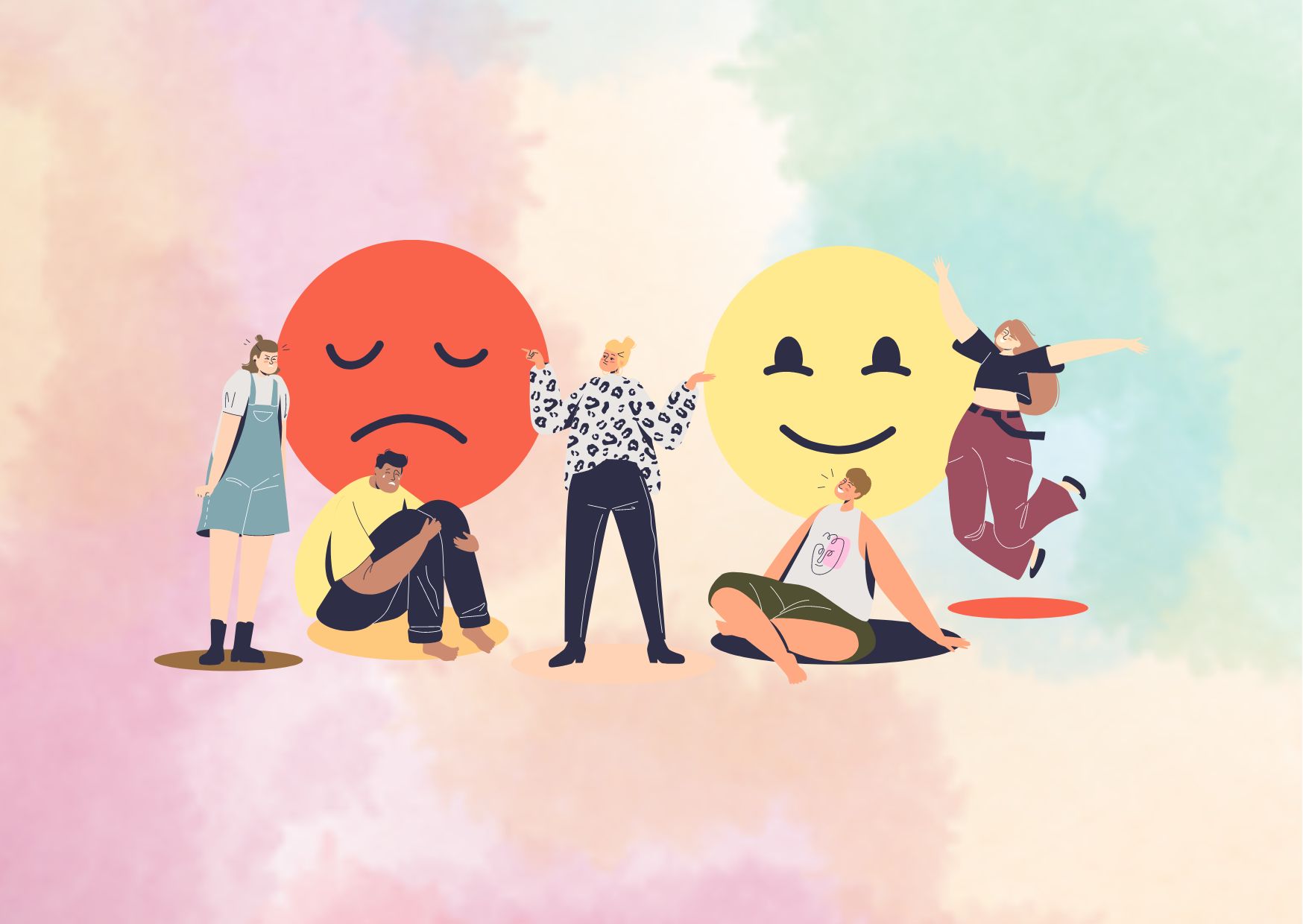Emotional Check-Ins for Adults: 10 Self-Assessment Questions
Emotional check-ins can assist you with recognizing, identifying, and comprehending how you’re feeling as well as what caused it. Prior to addressing your sentiments as they arise, it’s critical to understand what is causing them. The following ten questions will help you enhance your emotional wellbeing and your ability to make wise judgments when you are writing.
Keeping a Diary for Your Feelings
It has been demonstrated that keeping a journal can help you cope with difficult feelings. It’s effective to write about your sentiments, how you experience them, and the events in your life that make them come about. You can make better decisions after you have a deeper understanding of what you’re dealing with. Your emotions have an impact on your behaviour and thoughts. You will eventually become more conscious of and comprehend yourself as a whole if you have a better grasp of them.
The only issue some people have with keeping a journal is that they are unsure of how to get started or what to write. You can get started writing more quickly and address the issues that matter the most to your emotional health by making an emotional check-in list first.
The Top Ten Emotional Check-Ins
Finding it difficult to decide what to write? You can start a notebook and form the habit of writing down your thoughts and feelings by asking yourself the following questions.
- What word best captures your current dominant emotion?
What emotion dominates your current state of being? Would you describe your current emotions as being irate, scared, humiliated, wounded, overpowered, anxious, or something else? Acknowledging your current primary emotion is a smart first step toward feeling better. A therapist can assist you if you are unable to instantly recognize the emotion.
- What would you call that feeling?
Consider the precise characteristics of your current primary feeling. How powerful is it? What sensation do you have? What impact is it having on your decisions and thoughts?
- How do you feel physically?
Although your emotions are feelings, they also have a physical impact on your body. You might experience an upset stomach, tense muscles, or other bodily signs of that feeling. Do an emotional check-in with your body to become aware of how emotions like disappointment or anxiety are impacting your physical state at the time. Your body can be significantly impacted by your emotions.
- Could this reaction have been brought on by a certain circumstance, person, location, or thing?
You may support yourself in managing your emotions by beginning to become more aware of what triggers an emotion. You can find out more about what is creating this response by becoming aware of what makes you react or experience a particular emotion. Certain triggers will be simpler to spot than others. Start developing your awareness of triggering situations and people, or they’ll start to come across as more evident to you.
- What response did you have to the trigger?
You can begin to process your reaction to the trigger once you have identified it. How were you feeling? What feelings did it arouse? How did you handle the feeling? If your response led to the perpetuation of a secondary emotion (such as shame or guilt), processing and becoming aware of the trigger and your behavior might help you find alternative ways to react and respond that won’t lead to secondary emotions that could worsen your situation.
Suggestion for read: Emotional Check-In Questions for Adults
- How will you react right away?
What could you do now that you’ve given yourself some time to reflect on whatever it was that caused your current emotions? What actions can you do to address the situation and how can you react in a similar situation to lessen your unpleasant feelings? Once you’ve reached this stage of the emotional check-in, it’s crucial to take some time to reflect on your options for moving forward rather than succumbing to your feelings.
- Do you look after your physical health?
Your physical health is crucial to your emotional health. For instance, anxiety can lead to issues with breathing, sleeping, aches and pains, elevated blood pressure, and even nausea. Your physical health can be impacted by other emotions, and vice versa. So, pause for a moment and consider whether you’ve been getting enough sleep, eating a good diet, exercising regularly, and avoiding bad habits. If not, concentrating on your physical health may significantly enhance your mental wellbeing.
- What are you thinking about today?
It’s possible that what’s been on your mind today is what’s causing how you feel right now. After all, your emotional health is influenced by your thoughts. Write about your thoughts and look for any relationships between them and the feelings you’re feeling as you do so. Exist recurring stories or messages that evoke the same feelings? What are you telling yourself, and how do you feel when you do it? Listen in.
- How can you relax yourself?
The antithesis of tranquility is emotional anguish. You generally don’t want to stay in that state for very long if you’re feeling irate, depressed, upset, or overwhelmed. The first crucial step is realizing the emotion, but you can also gain from taking actions to lessen it. Here are a few suggestions for how you can put yourself at ease.
- drinking herbal tea.
- Going for a stroll outside in a scenic area.
- Speaking with a reliable friend.
- Playing relaxing music.
- Producing works of art.
- Speaking with a therapist about it.
- For what do you feel thankful today?
